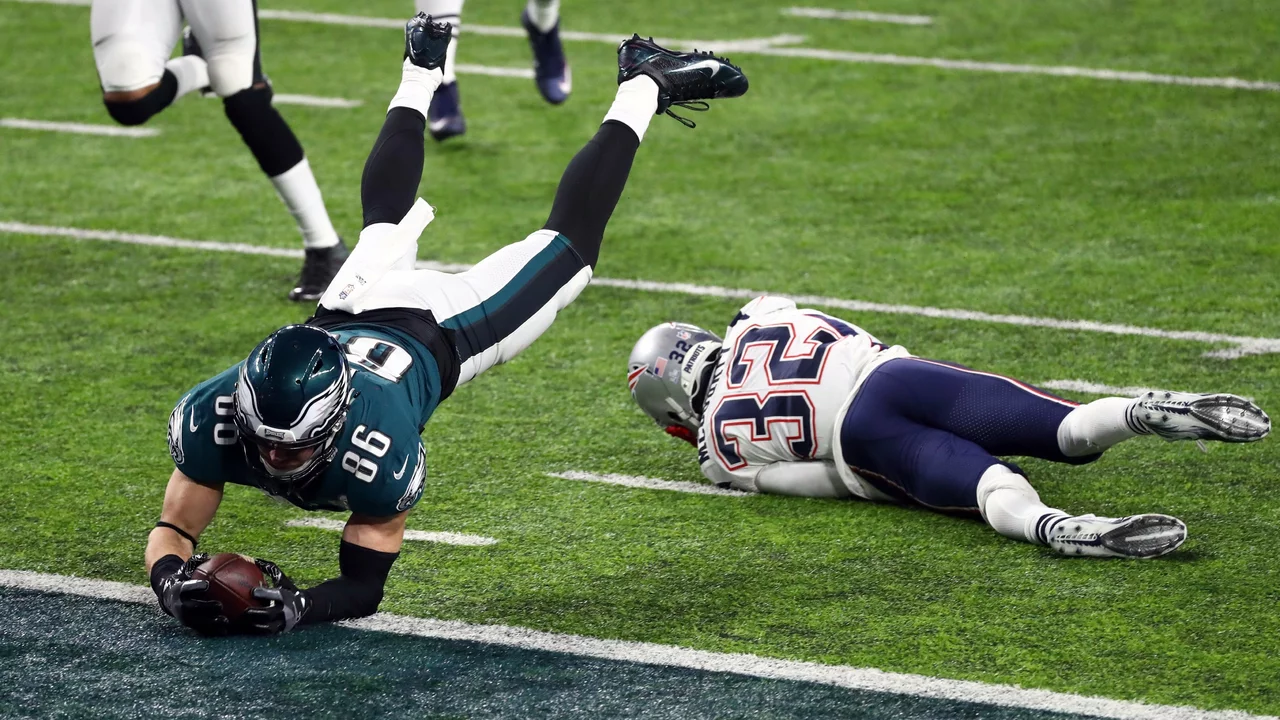Fixed Games – Understanding Match Fixing in Sports
When talking about fixed games, the term refers to any sporting event whose outcome has been illegally altered for profit or advantage. Also known as match fixing, a covert scheme that manipulates results to benefit gamblers, organized crime, or corrupt insiders, it thrives where large sums flow through sports betting, the industry that lets fans wager on game outcomes. Fixed games undermine fair play, damage fan trust, and can trigger criminal investigations. This page breaks down the main players, how they interact, and what you might see in the articles below.
Key Areas to Watch
The first line of defence comes from integrity units, dedicated teams within leagues that monitor betting patterns and investigate suspicious activity. They require sophisticated data analysis tools and close cooperation with betting operators. When they spot irregular odds or sudden spikes, they launch a review that often involves law enforcement. Integrity units also work with governing bodies, organizations like FIFA, UEFA, and national federations that set rules and impose sanctions. Together they create a network where fixed games become harder to hide.
One common trigger for investigations is the involvement of a whistleblower, an insider who reports suspicious behavior to authorities. Whistleblowers can be players, coaches, or even betting agents who notice unusual pressure on athletes to lose. Their tips often open the door for deeper audits of financial records and communication logs. The more eyes looking at a league, the less room there is for secret deals.
Legal consequences add another layer of deterrence. In many countries, participating in fixed games is a criminal offense punishable by fines, bans, and prison time. Courts rely on evidence gathered by integrity units and law enforcement to prosecute. Clubs found guilty can lose sponsorships, face relegation, or be expelled from competitions. These penalties illustrate why the sport community takes match fixing so seriously.
Understanding the mechanics also helps fans spot red flags. Sudden, unexplained shifts in a team's performance, especially when linked to heavy betting activity, often hint at deeper issues. Observers who recognize these patterns can alert the proper authorities, adding a grassroots element to the fight against corruption.
The articles in this collection touch on real‑world examples that bring these concepts to life. For instance, the piece on Inter Milan’s Champions League win shows how a strong performance can mask underlying pressures, while the deep dive into sporting directors explains how front‑office decisions can unintentionally create environments ripe for manipulation. Even the NFL practice schedule article highlights how rigorous routines can be exploited if players are coerced to underperform on specific days.
Below you’ll find a range of stories that explore match fixing from different angles – from high‑profile football scandals to the hidden roles of betting markets. Whether you’re a casual fan or someone studying sports integrity, the insights here will give you a clearer picture of why fixed games matter and how the industry is fighting back.
Is the Super Bowl fixed?
Alright, folks, let's dive into this juicy topic that's got us all scratching our heads - "Is the Super Bowl fixed?" Now, I know what you're thinking, are we in a football version of The Truman Show? Well, the simple answer is, there's no concrete proof to support this claim. Sure, there have been some eyebrow-raising moments, like questionable referee calls or unlikely turnarounds, but hey, that's the spicy unpredictability of sports, right? So, until someone hands me a "Super Bowl script" like it's a Hollywood blockbuster, I'm going to keep my popcorn ready for the next exciting game. Remember folks, it's not just football, it's Super Bowl, where anything can happen!
